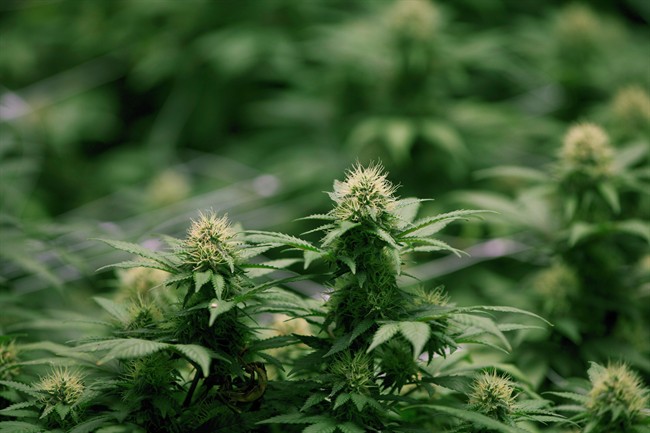People who are hoping to celebrate Canada Day next year with a perfectly legal joint bought in a perfectly legal store are likely to be out of luck, industry experts say.

Canada’s licenced producers can’t come close to meeting the expected demand for recreational pot, and for the first year and a half or so of legalization, there won’t be enough to go around.
Provinces will try to move sales online, but that won’t be a solution either, predicts John Prentice, president of Ample Organics, which supplies software to the cannabis industry.
“I suspect that there just will not be product to sell, and the (online) store will have sporadic moments of product availability. They’ll acquire 50 kilos of product from a licenced producer, then send you an email, and they’ll sell out in a couple of minutes. Then you’re waiting for the next shipment to come in.”
“I do think the supply issues are going to be that constrained here in the country, especially on Day 1.”

- Michael Kovrig reflects on ‘brutally hard’ Chinese detention: ‘You’re totally alone’
- TD Bank moves to seize home of Russian-Canadian jailed for smuggling tech to Kremlin
- U.S. moves to ban Chinese software, hardware from all vehicles in America
- Conservatives set to table non-confidence motion Tuesday. What to expect
The problems are rooted in math and biology, and to a certain extent in bureaucracy.

Get weekly health news
Canada’s existing licenced producers ship about 20,000 kilograms of dried marijuana to medical customers a year. Expected national demand under recreational legalization is in the range of 650,000 kilograms a year, the Parliamentary Budget Officer pointed out in a report last fall. In the long run, supply will grow to meet demand, but in the short run, the PBO predicted shortages.
“In the event that somebody applies for a licence, the process can take up to two years before they’re approved by Health Canada to even start cultivation activity,” Prentice says. “Then they need to get the inventory to start cultivation, and the permitting for that can take a little while. Then you have cultivation time on top of that, plus the buildout of the facilities.”
“Starting from nothing, you could be three years before your plants are in the grow room, growing for their first harvest.”
And, of course, the plants can only grow so fast.
An Ipsos poll published Tuesday showed that about 9.5 million adult Canadians are planning to try smokable or edible pot when it’s legal (most people in that group said they wanted to try both), but it seems like they’re doomed to months of disappointment.
Every U.S. state that has legalized recreational pot has taken between 18 months and a year for supply to start to meet demand, he says.
“Washington was the same, and we’re watching Nevada go through it right now. They had to issue emergency licences to help open more dispensaries and grows.”
Some provinces show awareness of the issue. New Brunswick, which became the second province to announce its plan to sell recreational pot earlier this month, announced that it had signed supply contracts with producers in Moncton and Smiths Falls, Ont., to make sure that there would be at least some marijuana to sell.

The problem, apart from disappointed customers and tax revenue left on the table, is that legal — but empty — marijuana stores mean that governments can’t shut down the black market in pot, which was advertised as the main point of legalizing in the first place.
“There’s a real push to get this over the line,” Prentice says. “It was a Trudeau election promise, and something that was very important to his campaign, but at the same time they haven’t really given the opportunity or sufficient time to create the infrastructure deployment of legalization. The timeline is tight, and plants don’t grow overnight.”

Is there a silver lining?
In July, Manitoba Premier Brian Pallister said his province needed another year to be ready for legalization. Earlier in September, senior police officers said they needed more time to prepare for the law enforcement side of legalization.
But if the marijuana production system isn’t ready either, simple logistics may give them the time they say they need.






Comments